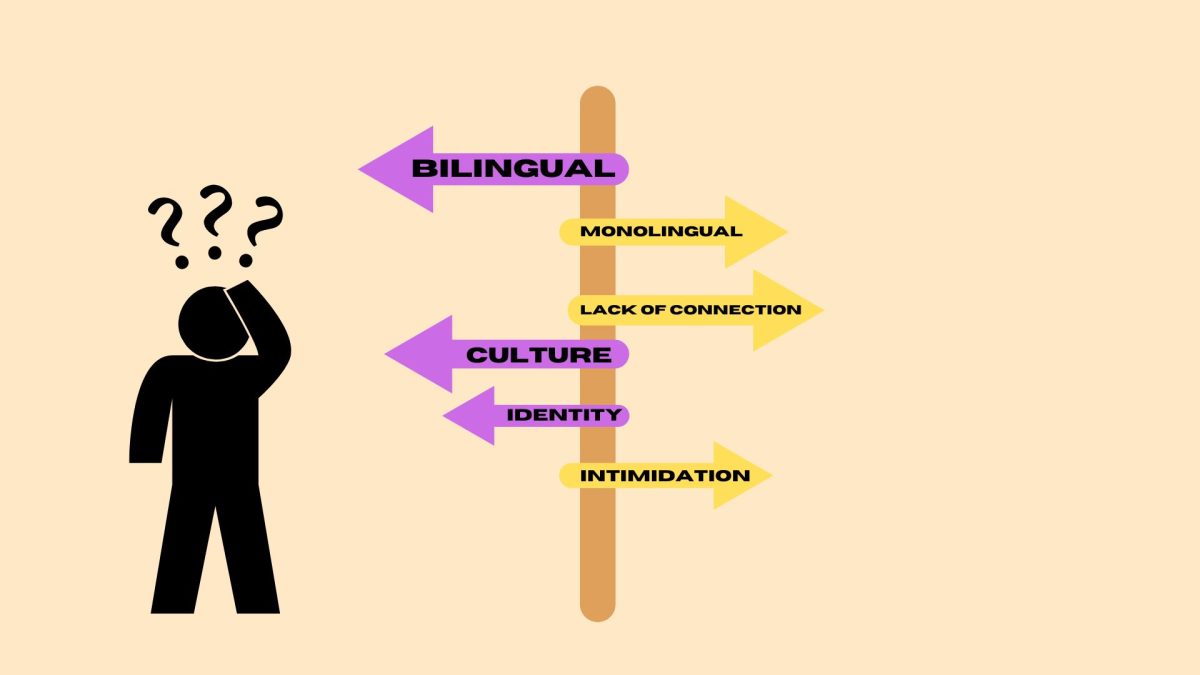In the midst of nonstop election coverage and endless Beyoncé think pieces, the story of an 8.5 percent spending increase of total spending on medicines among the pharmaceutical industry over the last year slipped under the radar.
The New York Times reported multiple pharmaceutical manufacturers such as Johnson & Johnson, Amgem, Gilead, Celgene, and others have increased prices for some of their name-brand drugs by double-digit figures. This increase, which affects far more people, generated nowhere near the amount of public outrage that Martin Shkreli’s unexpected overnight 4,000 percent price increase of Daraprim, a drug used to treat HIV and AIDS, did last year.
Though Shkreli’s actions were outrageous and extremely worrisome for all those who depend on that medication to stay healthy, it also brought attention to the morally bankrupt system the pharmaceutical industry uses to profit off the backs of ailing Americans.
Many defend the high drug prices in the U.S. by invoking the high cost of developing these drugs. According to them, pharmaceutical companies will have no incentive to spend millions in research and testing without the high markups that result in sky-high profits. The reality, however, is that the vast majority of medication is not purchased at market price. Deals are negotiated between insurance conglomerates and pharmaceutical companies for their bulk purchases, although the increases still trickle down to the consumer. Virtually the only group that pays full market price for medication is the uninsured.
This group, often among the poorest in the country, does not make up a significant enough percentage of the market share for big pharmaceutical companies to validate the argument that the companies’ upfront costs justify their incredibly high market prices.
Even those insured or purchasing their medication through pharmacy-benefit managers such as CVS are increasingly being asked to pay a share of the market price to compensate for the yearly increases.
Nearly 60 percent of American citizens take prescription medication. We need to stand up to the pharmaceutical giants bankrupting the sick and the dying.






